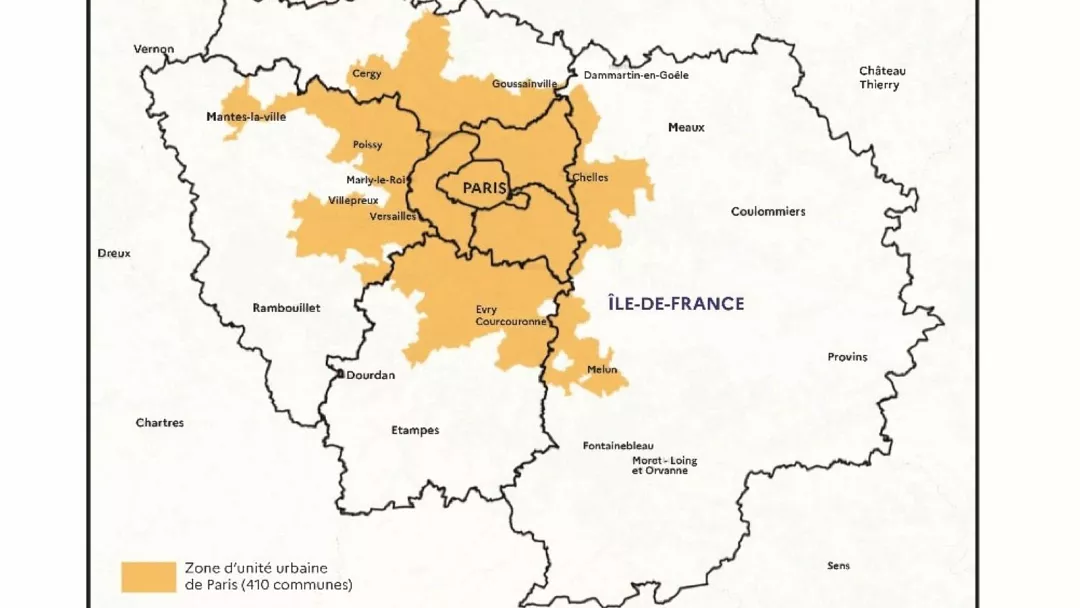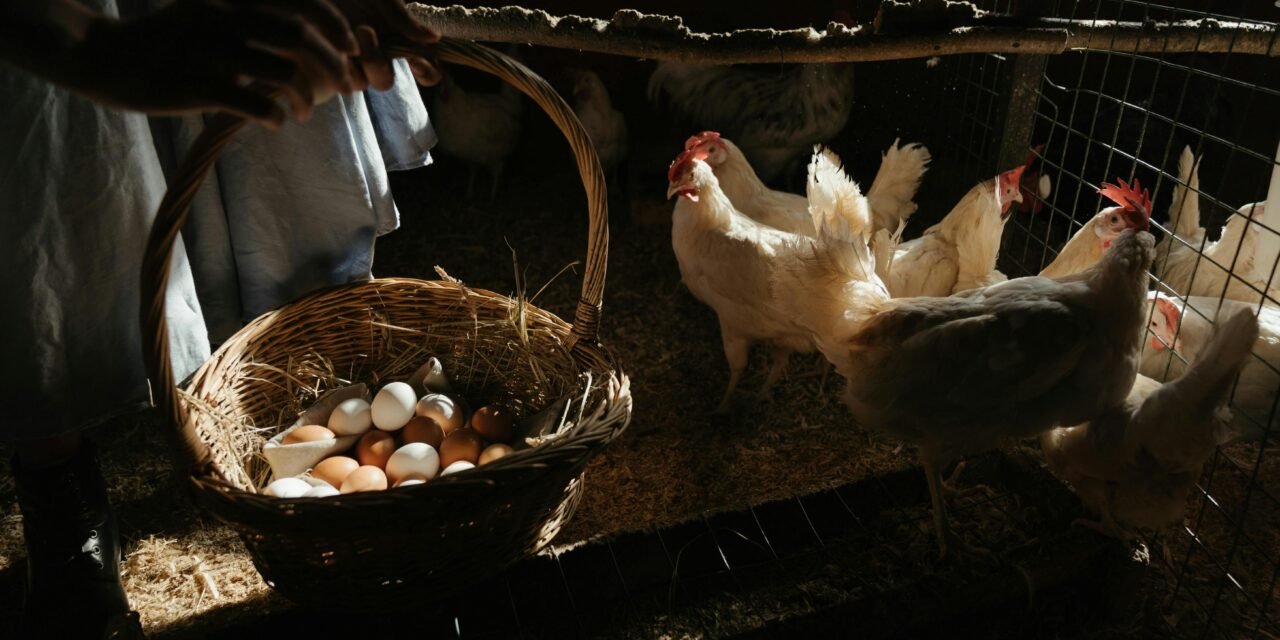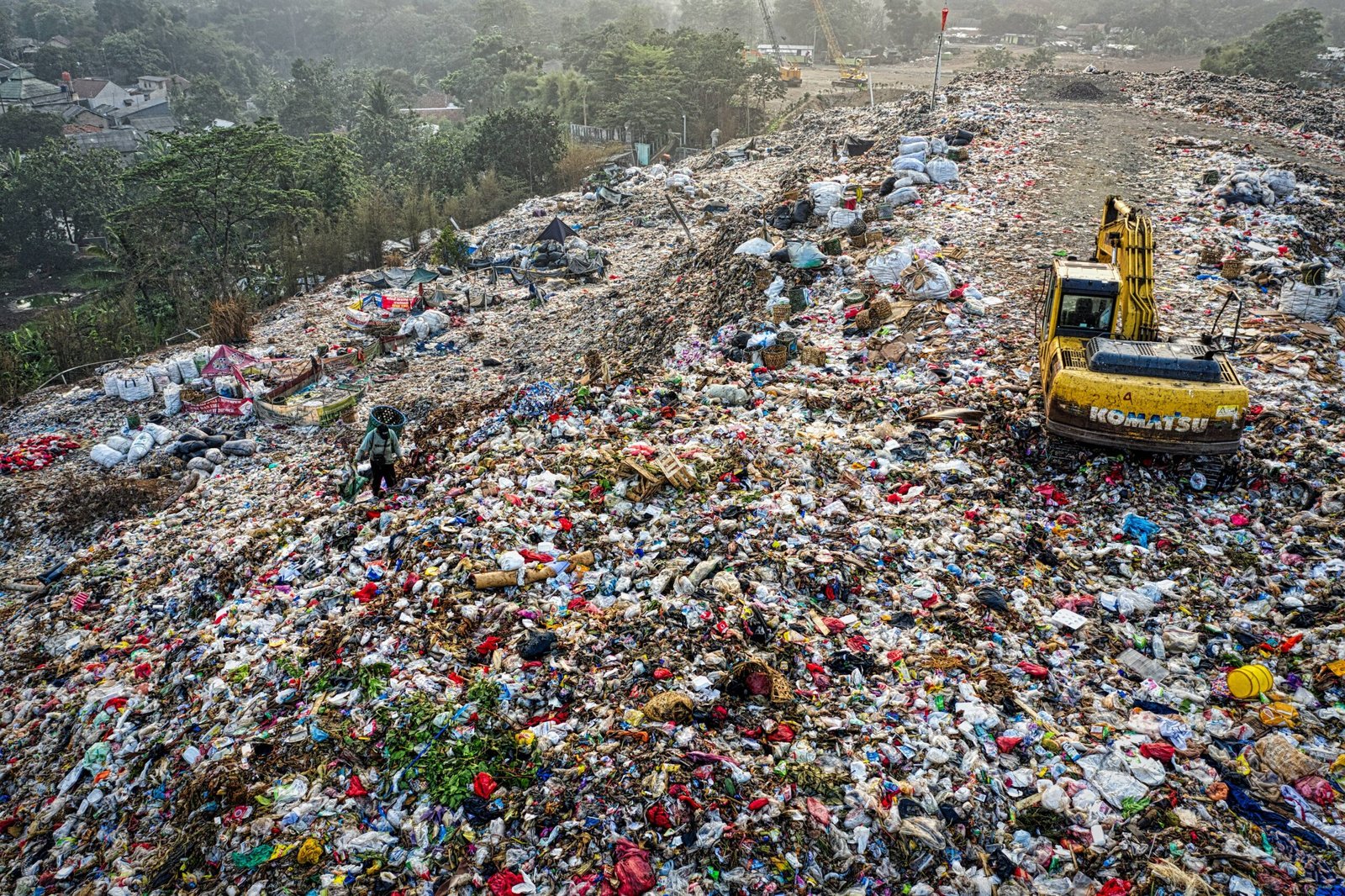French health authorities have urged millions of residents in the Île de France region, encompassing Paris and its surrounding areas, to avoid consuming eggs from domestic coops. The advisory comes in the wake of a confirmed study revealing the pervasive presence of forever chemicals and toxins in the soil and eggs.
The Evolution of the Warning
Initially issued in February 2022 for specific zones, the precautionary advisory has now expanded to cover the entire Île de France region as of May 2023. This decision follows a comprehensive investigation prompted by earlier concerns, and this week’s release of confirmed study results has prompted the health authority to reiterate and reinforce its warning.
The affected region encompasses 410 municipalities, including Paris and the municipalities of Seine-Saint-Denis, Hauts-de-Seine, Val-de-Marne, certain municipalities of Seine-et-Marne, Yvelines, Essonne, and Val-d’Oise.
The Contamination
In 2022, tests conducted by the ToxicoWatch Foundation near Europe’s largest waste incinerator, situated in Paris, revealed alarming levels of dioxins in domestic backyard chicken coops. In response, authorities conducted their investigations in 25 hen houses, confirming the initial warnings of widespread soil and egg contamination.
A press release from the agency highlighted the presence of persistent organic pollutants (POPs) like dioxins, furans, polychlorinated biphenyls, and per- and poly-fluoroalkyl substances (PFAS or forever chemicals) in domestic chicken farms throughout Paris and its inner suburbs.

The areas affected by the health authority’s warning.Île de France regional health authority
‘Forever Chemicals’ contamination
Per- or poly-fluorinated alkyl substances (PFAS), often dubbed ‘forever chemicals,’ are complex man-made compounds used in various products, ranging from non-stick frying pans to toiletries, food packaging, and firefighting foams. The name ‘forever chemicals’ stems from their resistance to breaking down in the environment, persisting for an extraordinarily long time—sometimes over 1,000 years.
The French health authority warns that regular consumption of eggs contaminated with forever chemicals, several times a week over several years, can lead to a potential endocrine-disrupting effect. This disruption may initiate chronic diseases and impact the development of reproductive and immune functions.
Previous research has linked PFAS to a weaker response to vaccines and an increased risk of certain types of cancer, particularly kidney and testicular cancer.
Why the Focus on Homegrown Eggs?
The health authority clarifies that the warning specifically targets non-professional hen houses because the new study exclusively examined these environments. Hens in homegrown settings are typically kept for more extended periods than on professional farms, where the focus is on maximizing yield. The longer exposure increases the accumulation of persistent organic pollutants, making hens in non-professional settings more susceptible to contamination.
Commercial eggs, on the other hand, are subject to rigorous checks to ensure compliance with European regulations.
A Call for Action and Environmental Responsibility
To address the issue at its root, the ToxicoWatch Foundation emphasizes the need to focus on the environmental contamination from toxic industrial emissions. Banning the consumption of backyard chicken eggs, they argue, is not a solution but a mere response to the symptoms.
The foundation advocates for further research to understand the sources of dioxin and PFAS contaminations and calls for real and sound environmental management to reduce the toxic load. They stress the importance of a sustainable solution for the benefit of human and environmental health.
Conclusion: A Shared Responsibility
As the gravity of the situation unfolds, it becomes evident that tackling the issue of forever chemicals in eggs requires a collective effort. Beyond warnings and advisories, the focus must shift toward understanding and mitigating the environmental sources of contamination. It is a call not just for individual awareness but for systemic change to ensure the health and well-being of both the population and the planet.










